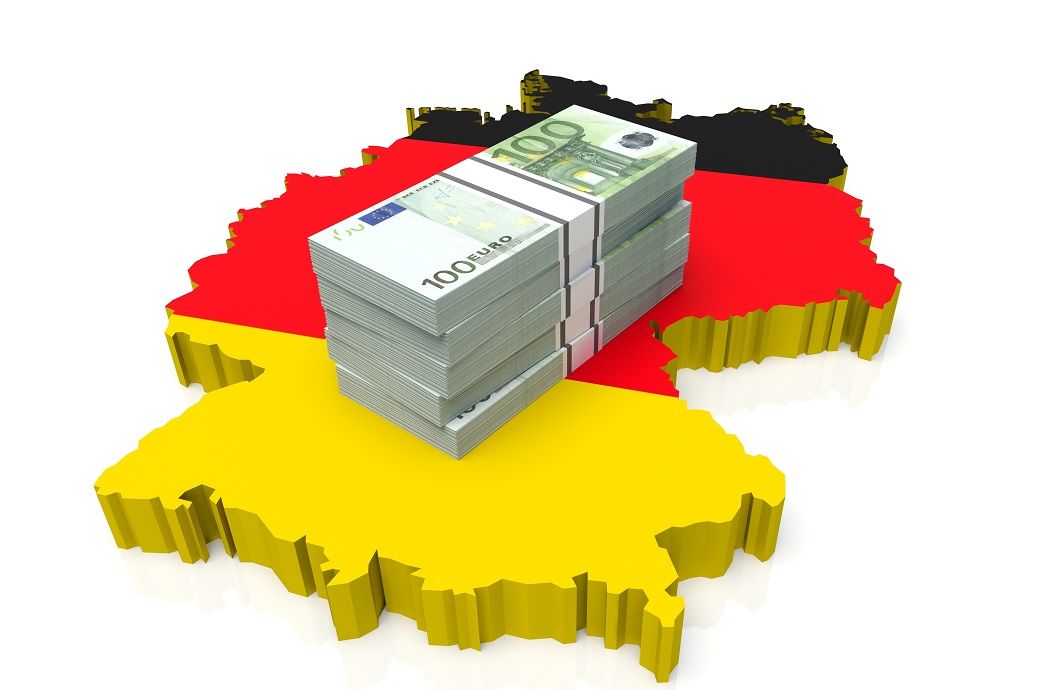
Bureaucratic requirements and long approval procedures are slowing down overall economic growth.
If funds from the recently-announced fiscal package are spent on additional investment, this will modernise the country’s infrastructure and increase growth in the medium term, it noted.
Debt-financing public consumption should be avoided, and institutional precautions should be taken to ensure investment-orientated use of the funds, it cautioned in its Spring Report 2025.
Unnecessary bureaucracy should be reduced more consistently than in the past in order to relieve the burden on companies.
“In the near future, the German economy will be significantly influenced by two factors: US trade policy and the fiscal package,” explained GCEE chair Monika Schnitzer.
“US trade policy places an additional burden on the already weak German exports. With a sharp and unpredictable rise in tariffs, German exports are likely to decline even further,” she noted.
Consumer price inflation is expected to be 2.1 per cent on an average in 2025 and fall slightly to 2 per cent in 2026.
“Although markets anticipate interest rate cuts, the inflation outlook remains highly uncertain. For instance, it is unclear whether ongoing trade conflicts will fuel or dampen inflation. In addition, expansionary fiscal policies in Germany could raise inflation expectations, potentially prompting the ECB to favour a more restrictive monetary policy stance,” explained Veronika Grimm, council member.
ALCHEMPro News Desk (DS)
Receive daily prices and market insights straight to your inbox. Subscribe to AlchemPro Weekly!